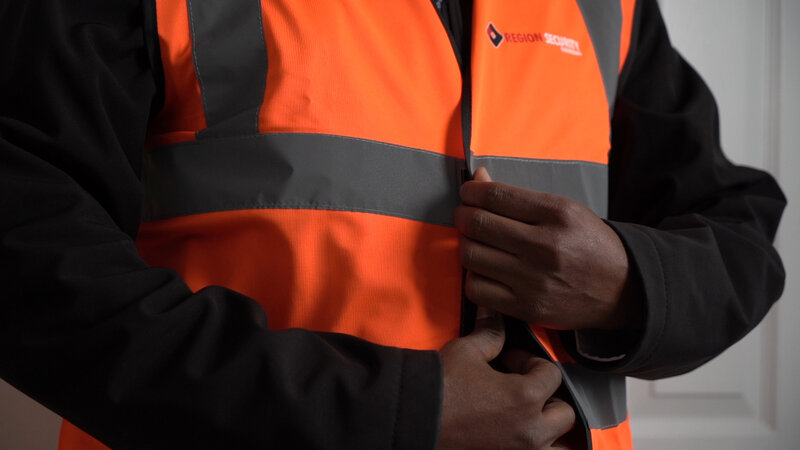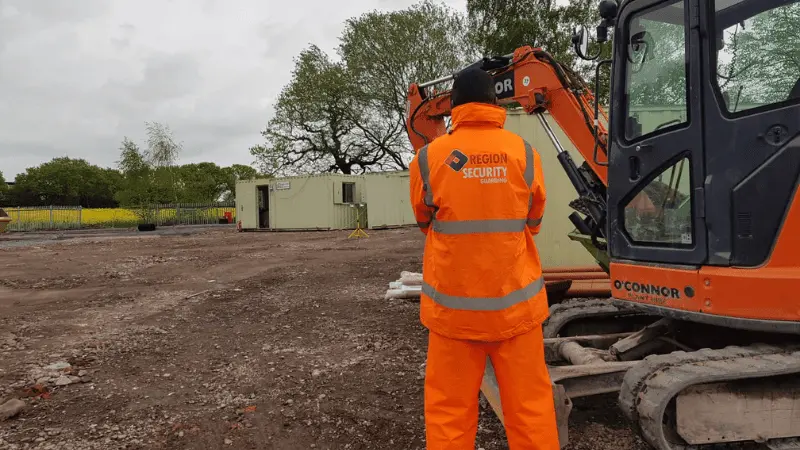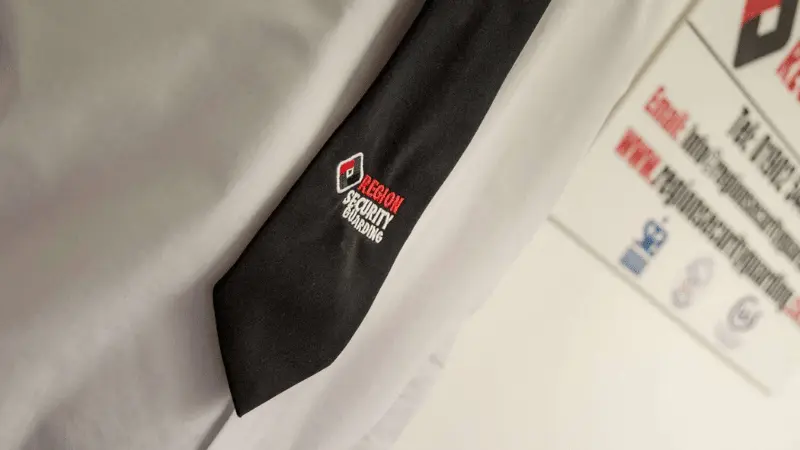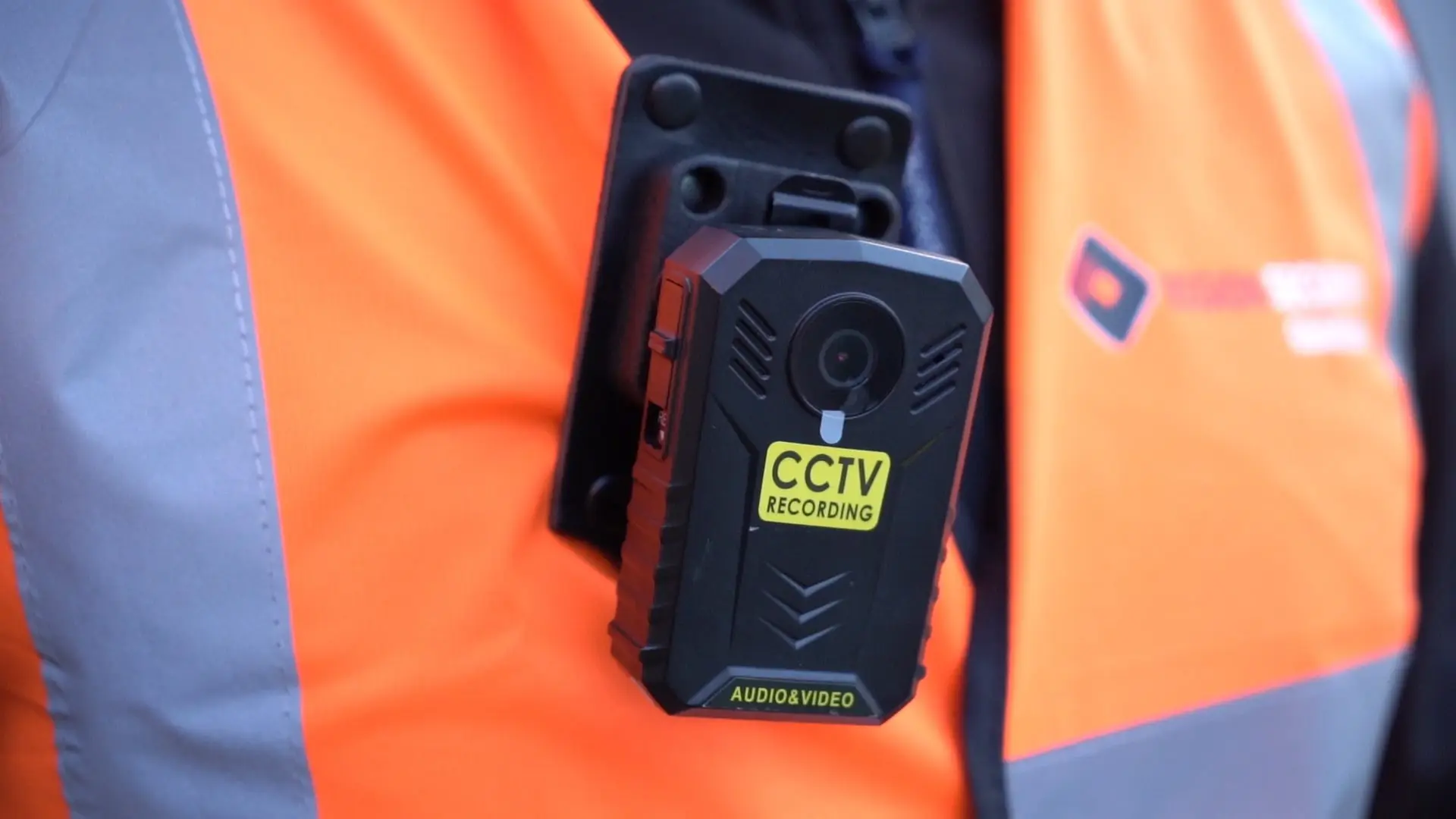In today’s world, keeping our homes, businesses, and public places safe is more important than ever. Our guide to CCTV security will unravel its importance, the different types of CCTV cameras, and how it empowers us to protect what matters most. Discover how CCTV security is reshaping the way we safeguard our spaces.
Security cameras have become a crucial tool in ensuring security. Whether they’re perched on walls or ceilings, quietly watching over our surroundings or serving as vigilant guardians, CCTV security systems have become a valuable source of protection.
What Is CCTV Security?
CCTV stands for Closed-Circuit Television. Think of it like a set of eyes that doesn’t get tired or need a break. It’s a system made up of cameras, wires, and monitors that work together to watch over places. CCTV cameras are like little electronic watchdogs. They capture videos and send them to a screen or recording device.
Unlike TV, where anyone can tune in, CCTV security is a closed system, meaning only certain people can see what the cameras see. It’s like having your own private eye, always on duty, helping to keep an eye on things when you’re not around. It’s all about making spaces safer. Places like shops, streets and schools have CCTV to prevent bad things from happening and to help catch any potential criminals.
The magic of CCTV lies in its ability to record what happens. So, if something unusual occurs, like someone acting suspiciously or an accident happening, there’s a video record that can be checked to understand what happened. This can be super helpful for solving problems and keeping people safe.
When Was The CCTV Camera Invented?
CCTV security has been on a fascinating journey over the course of its life. In 1927, Russian inventor Leon Theremin pioneered what many consider the earliest CCTV system. His design involved a camera paired with a shortwave radio, designed to monitor visitors at the Kremlin in Moscow. Meanwhile, German engineer Walter Bruch developed another significant system at around the same time. This early CCTV security system was used by the German military during World War II and was used to monitor rocket launches.
Although these CCTV security systems couldn’t record information and worked solely on a live feed, they provided the beginning of the history of CCTV.
From its early days at the Kremlin to widespread commercial use, the evolution of CCTV has marked a significant shift in surveillance. Our guide to CCTV security will highlight how this form of security has steadily advanced to become a cornerstone in security globally.
How Long Does CCTV Camera Footage Last?
One key point we want to highlight in our guide to CCTV security, is that the footage isn’t eternal. It does have a shelf life. The duration it lasts depends on various factors, like the storage capacity of the system, the quality of the video, and how frequently the footage gets overwritten.
Most CCTV security systems are set up with a certain storage capacity, such as hard drives or cloud storage. Once this space fills up, the oldest recordings usually get replaced by new ones. The timeframe for retaining footage can vary widely. Some systems might retain footage for a few days, while others can store it for weeks, months, or even longer.
Video quality can be another factor. Higher-quality video takes up more space, so systems with clear, detailed recordings might hold onto footage for a shorter time compared to those with lower-quality video.
Additionally, some places, like businesses or public areas, might have regulations or laws dictating how long they need to keep CCTV footage. For instance, in some areas, businesses might be required to hold onto footage for a certain period for legal reasons or investigations.
Overall, there’s no one-size-fits-all answer to how long CCTV security footage lasts. It’s a mix of technology, settings, and the specific needs of the place where the cameras are installed.

Different Types Of CCTV Camera
The world of CCTV security is as diverse. There is a wide range of security cameras you can choose from, and each one is tailored to specific needs and environments. We’ve put together some of our top suggestions together below. as part of our guide to CCTV security:
Dome Camera
The Dome camera is aptly named for its shape. This camera offers a 360-degree field of vision while maintaining a discreet appearance. This makes it a powerful tool to help secure your property. Its design makes it challenging to determine its exact focus, heightening its effectiveness as a deterrent against potential criminal activity.

Bullet Camera
Bullet CCTV cameras are known for their sleek, cylindrical design which resembles a bullet. This makes them easily recognisable. As a CCTV security tool, these cameras are favoured for their ability to capture long-distance views. Plus, their durability in withstanding various weather conditions makes them a popular choice for outdoor surveillance.

The C-Mount Camera
Another prominent type of CCTV security camera type is the C-Mount. It’s tailored for challenging weather conditions and has detachable lenses for added versatility. The ability to swap lenses proves to be a significant advantage, offering a range of angles and focal lengths to meet specific surveillance requirements.

PNZ Camera (Pan, Tilt and Zoom)
We’ve included the PTZ camera in our guide to CCTV security for its adaptability. It’s widely favoured in retail settings. Guards overseeing this camera can effortlessly pan left or right, tilt up or down, and zoom in or out with a simple press of a button. Equipped with high-quality lenses, these cameras ensure clear, detailed footage for easy review and monitoring purposes.

IP CCTV Camera
These cameras transmit their footage over the internet, allowing convenient access to live feeds or archived recordings via your phone. Additionally, they save their footage on a Network Video Recorder (NVR), ensuring you never lose any of your CCTV security recordings. It also enables playback whenever needed.

CCTV For Homes
CCTV security systems are becoming an increasingly valuable addition to people’s home security products. By strategically placing cameras around your premises, you can maintain a watchful eye over your property, enhancing safety and peace of mind.
These cameras not only act as a visual deterrent against potential intruders, but also provide real-time monitoring. This allows you to check on your property remotely via smartphones or computers. Whether it’s keeping an eye on your front door, garden or monitoring activities within the home, CCTV security systems offer a sense of control and security. Their live monitoring also means you have the power to respond promptly to any unusual occurrences.
Additionally, recorded security camera footage serves as valuable evidence in case of incidents, aids in investigations, and provides a comprehensive overview of activities around the house. Overall, CCTV for homes serves as a proactive tool in safeguarding your property. CCTV security helps build a sense of safety in the place we cherish the most.
What Are The Rules For Having CCTV At Home?
Setting up CCTV security at home can be a significant step toward enhancing security, but it also comes with responsibilities. Understanding the rules and guidelines surrounding the use of CCTV in domestic spaces is crucial to ensure you follow with privacy laws and ethical considerations. Gov.co.uk provides a thorough list of guidelines to follow if you’re considering installing CCTV security within your home. These include the following:
Ensuring the information recorded is not used for any other purposes besides protecting your property.
Keeping the recordings secure and making sure access to these is kept to a minimum.
Inform your neighbours about your CCTV security system.

CCTV Security For Businesses
The next part of our guide to CCTV security looks at the 6 key things you need to take into consideration when installing CCTV as a business according to the ICO (Information Commissioner’s Office). These are:
- Thinking about how you will respect people’s privacy and uphold their rights.
- Considering if you need to use audio.
- Creating a document that explains your decision.
- Update your company’s policies.
- Pay attention to how your CCTV is set up.
- And finally, keep on top of the footage you capture.
When it comes to your CCTV security, you should have a clear justification for installing it. This includes ensuring all employees understand the purpose behind it, and ensuring you provide them with transparency and honesty. Seeking their input is crucial to avoid surprising them later with ongoing surveillance, which could potentially lead to legal issues.
It’s also essential to manage recorded footage properly. This typically involves retaining it only for the necessary length of time and implementing a deletion policy afterwards. While various laws govern businesses’ use of CCTV security, individual businesses have unique surveillance requirements that will require tailored approaches.
Our Guide To CCTV Security: Final Thoughts
We hope our guide to CCTV security has been helpful! To keep up to date with all the latest CCTV news, have a look through our news page where you can find articles including security guards vs CCTV. Or if you wanted to see more of our videos, take a look at our YouTube channel.
Let’s Stay In Touch
Want to stay updated with our latest content? Enter your email address to subscribe to our free newsletter.
Related Articles
Are Dummy Security Cameras Effective?
Many homeowners may use dummy security cameras as another way to protect their property, but how effective are they? In this article, we will be uncovering why people use fake security cameras, how dummy cameras work, and whether or not they should be used instead of a real CCTV camera.
Top 5 Cities With The Most CCTV In The UK
In this article, we’re taking a peek into the cities with the most CCTV in the UK. Each area tells a tale of cameras, lenses, and monitoring systems silently watching over streets, alleys, and public spaces.
Do Schools Have CCTV?
Do Schools Have CCTV? Throughout this article, we will be discussing the laws surrounding CCTV at schools as well as their advantages and disadvantages!
How To Install CCTV Camera: Top Tips
Our guide on how to install CCTV camera will cover who can install CCTV, how much it costs, and other top tips for CCTV installation, Read on to find out more…
Can CCTV Be Hacked?
The simple answer to the question of whether CCTV can be hacked, is yes they can. As the reliance on CCTV for security and monitoring continues to grow, so does the potential vulnerability to cyber threats such as hacking.
What Are The Benefits Of CCTV?
There are over 4 million in the United Kingdom alone, which is unsurprising given how it’s known for having more cameras per head of population than any other country. But what are the advantages of CCTV?











Very nice article. I would like to know more about CCTV because I have just started to be a Security guard in CCTV.
Hello Roberto, if you would like to know more about CCTV you could have a look at our article ‘Top 9 Benefits of CCTV Security‘, or have a look at the videos on our YouTube channel. I hope this has helped!